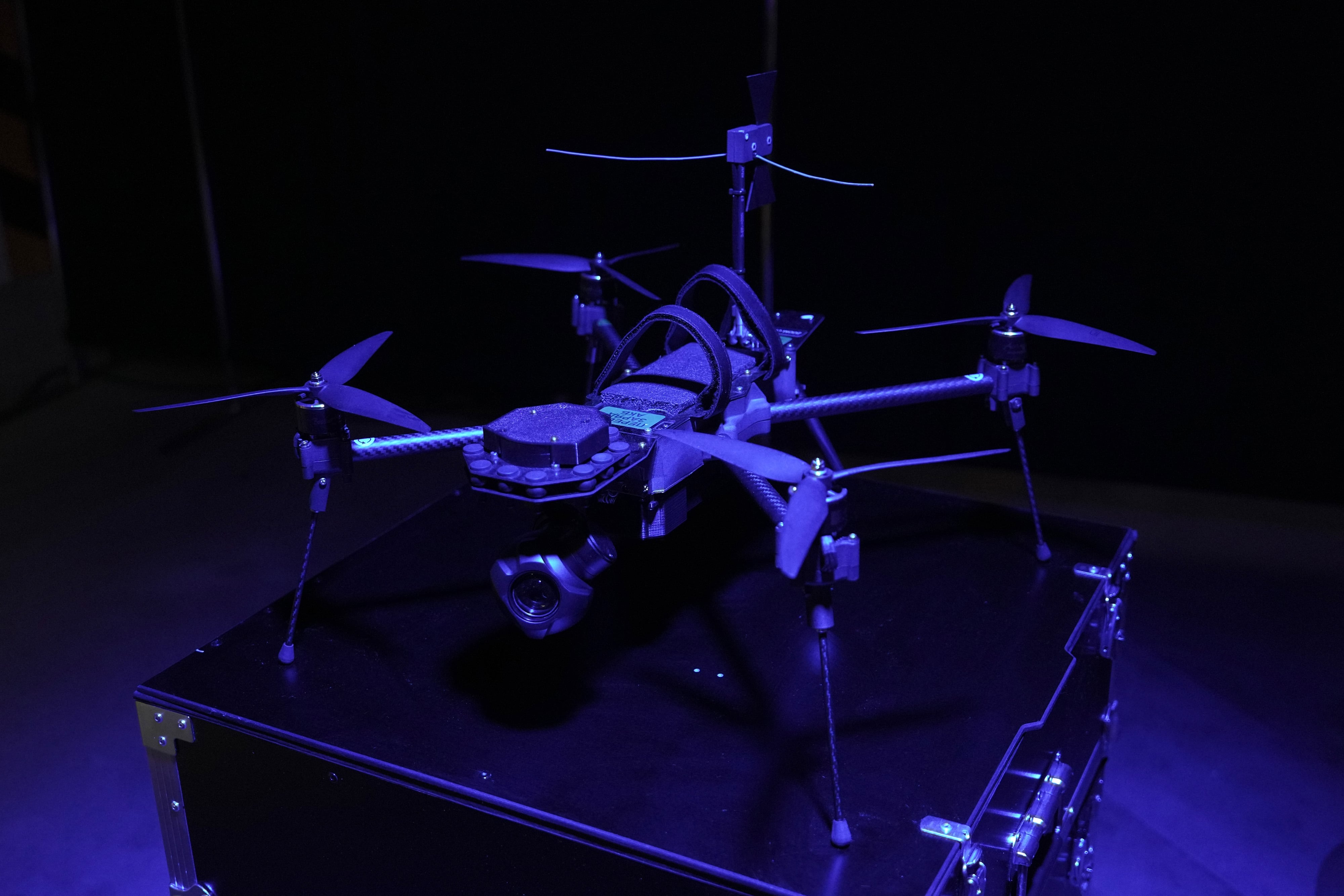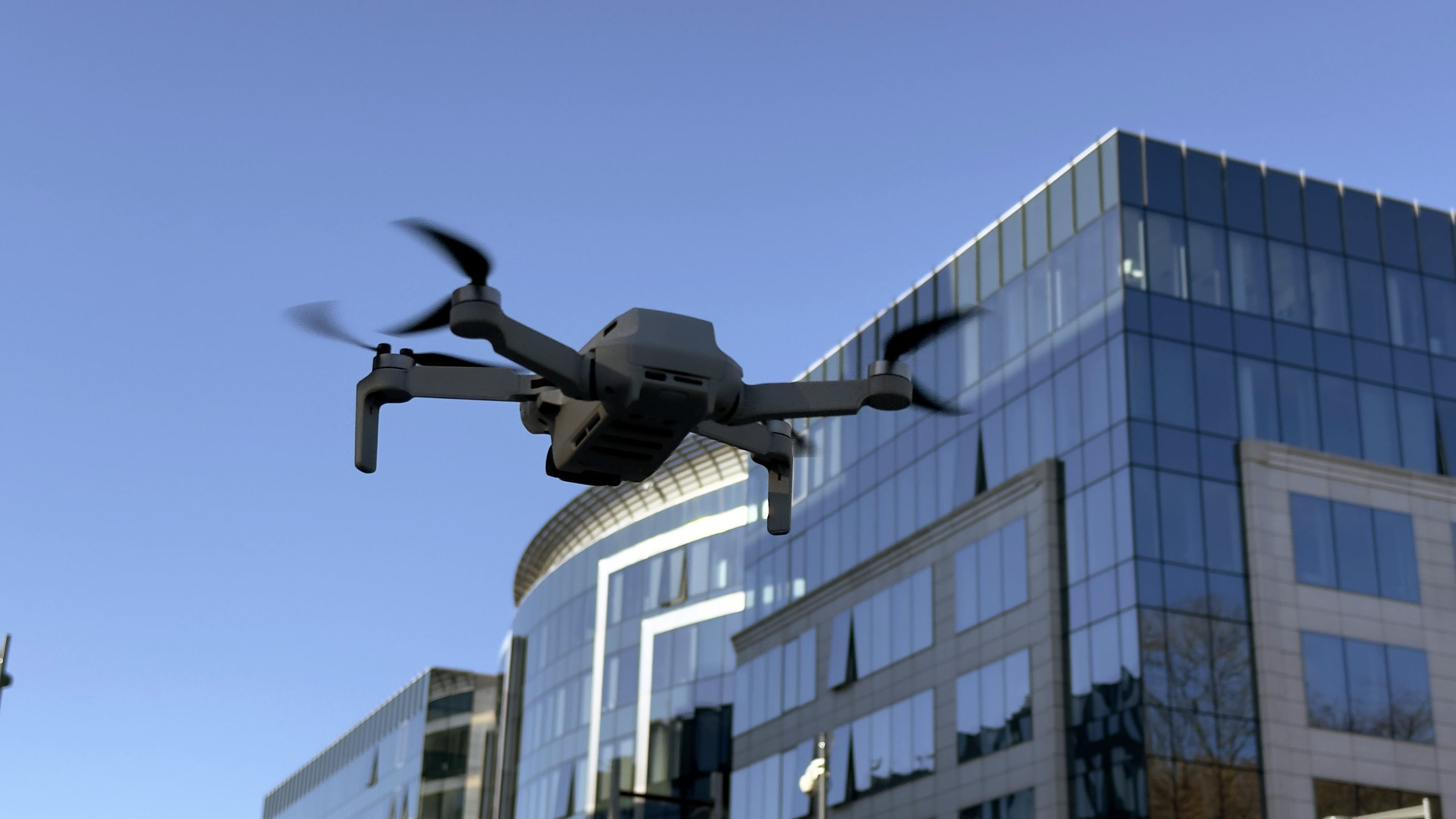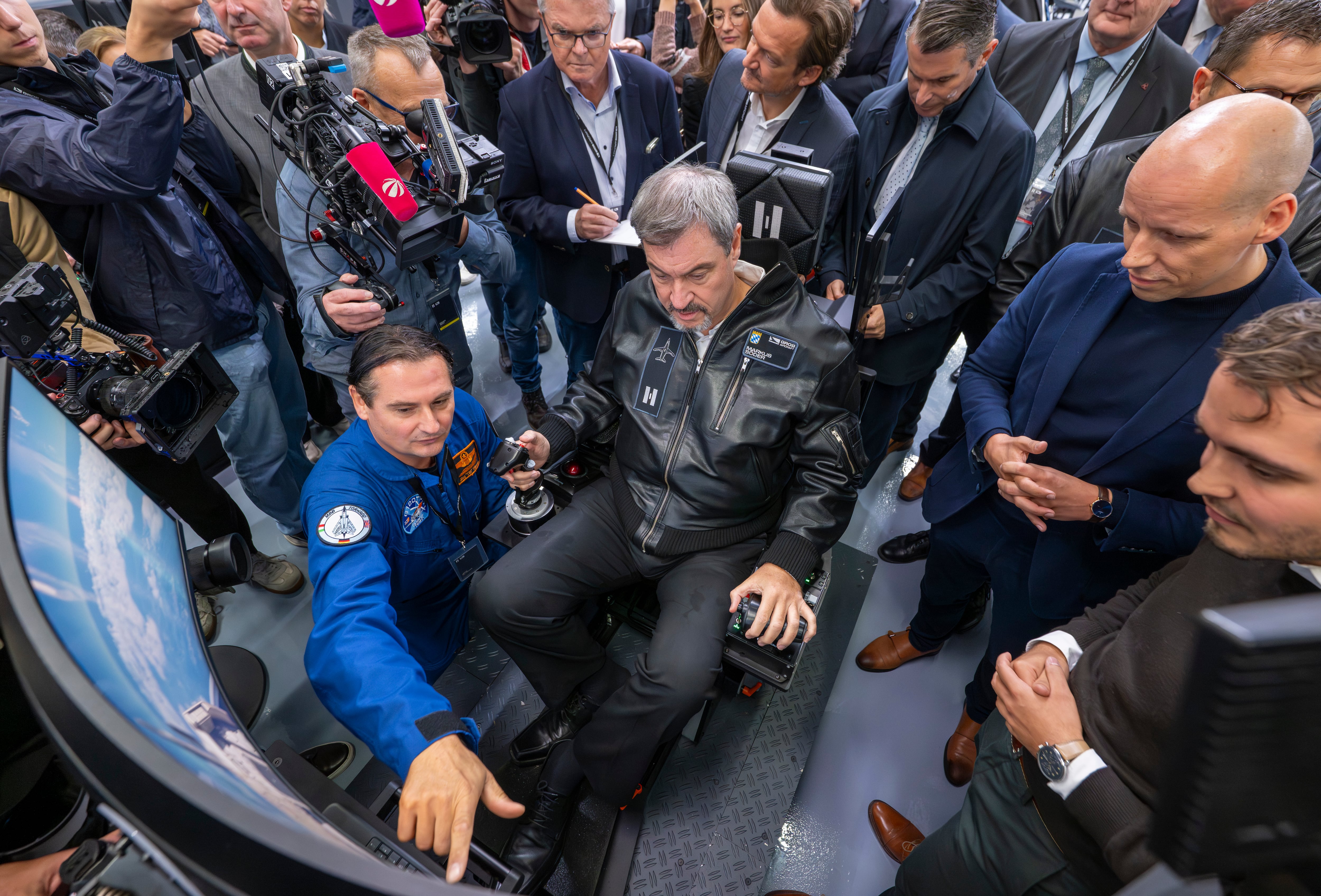The U.S. military is finding encounters with electronic warfare capabilities and jamming — like those recently impacting communications and AC-130s in Syria — increasingly common, confirming the reality that future operations will almost certainly be in degraded environments.
“It’s no surprise. That’s exactly where we’re headed,” Lt. Gen. Robert Walsh, chief of Marine Corps Combat Development Command and deputy commandant for combat development and integration, told a small group of reporters following his appearance at the Modular Open Systems Summit in Washington May 1 hosted by Defense Daily.
“It’s why if you look at the Marine Corps Operating Concept, information warfare is our priority area. When we developed Marine Corps Force 2025, the majority of the force movement was into that area.”
The Marine Corps, which recently stood up a new deputy commandant for information, is forming information-related teams called Marine Expeditionary Force Information Groups that will organize all information-related capabilities ― such as cyber, signals intelligence, electronic warfare and information operations ― under a single entity.
Walsh described the Russian technologies in Ukraine and Syria, as well as what the Chinese People’s Liberation Army have displayed in terms of signals intelligence and electronic warfare, as an “eye opener.” But he noted that the Marines are putting a significant investment toward countering and eclipsing such capabilities.
In recounting activity observed in eastern Ukraine, Walsh said the Russians established surface-to-air systems, radars and missile systems to deny the airspace to the government of Ukraine. Then, using frequency sensors and unmanned aerial systems, they jammed communications and geolocated Ukranian troop’s radio signals in order to target forces with precision-guided munitions.
These observations have reinforced assessments that the U.S. must be prepared for encounters where systems are jammed or must be turned off to avoid electronic targeting, as described in Walsh’s vignette.
“As Ukraine and Syria could be laboratories for the Russians, we’re learning, too, from what they’re doing over there,” Walsh told reporters, echoing similar statements he’s made before Congress. “We see that and go, ‘Yup, spot on, that’s exactly what we thought and we’re going to have to work to counter those kinds of capabilities across the globe.’”
As a result, Walsh said they are integrating degraded conditions into training.
Mark Pomerleau is a reporter for C4ISRNET, covering information warfare and cyberspace.








